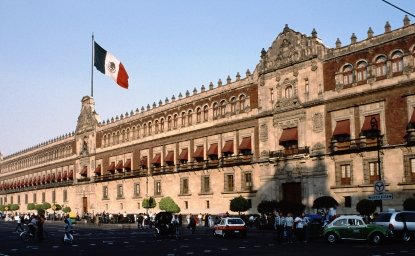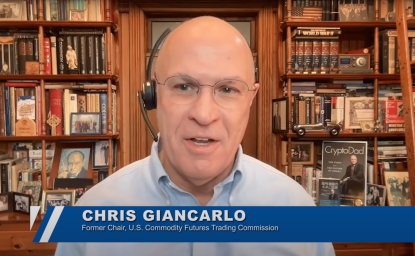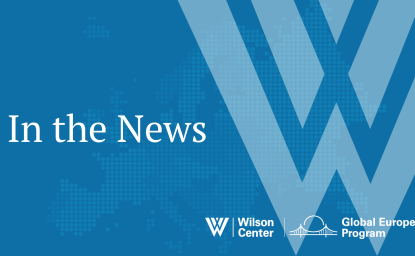Throughout this year it was said that, once the campaigns started, the pieces would fall into place, and preferences would consolidate by overcoming AMLO’s lead, a product of his media presence for many years.
So far, reality has proven this prediction wrong. On the average calculated by Oraculus.mx (a weighed calculation of the surveys based on a prediction model), at the beginning of the campaigns (March 31, 2018) and ten days after the start of the official campaign, the preferences are practically identical: AMLO with 42.7% (+0.1), Anaya with 28.7% (-0.2), Meade with 22.6% (-0.2), and Zavala with 5.9% (-0.1). The campaigns, with their successes and mistakes, with their proposals and ideas, with their dirty maneuvers or the apparent truce between candidates, has not changed the feelings of the voters.
Currently, we speak about April 22 as the possible new milestone. This is when the first presidential debate will be held. Expectations about its impact and the spin the campaign teams can make of it are already being discussed. Like many Mexicans, I am politically curious to listen to and analyze the debate, but I do not expect great changes from it.
The short history of debates in Mexico teaches us that its ability to change electoral preferences is important, yet limited. Only the first televised debate in 1994 has had an unexpected impact because of its magnitude: more than one digit. In this, the great speaker and debater, Diego Fernandez de Cevallos, raised his electoral preference with a whopping 14.7 percentage points, which he took from Zedillo (-8%) and Cardenas (-6%). In the end, Zedillo won elections that he himself described as “legitimate but inequitable,” by more than 22 percentage points.
In the 2000 election, Fox, Labastida, and Cardenas debated. Labastida lost 2.5% of supporters, Cardenas increased by 2.6%, and Fox, the clear debate winner, increased only 0.3%. Fox won the elections by more than 7 percent. In the 2006 elections, the debate took 2.9% from Madrazo and 2.5% from AMLO. Calderón did not capitalize on the total losses, but his preference increased by 3.7%. López Obrador did not attend the debate, so we do not know what would have happened. Calderón and López Obrador were in a technical draw before the debate, having a one or two point difference. Some polling houses placed Calderón on top, and others placed Lopez. In the end, Calderón won the election by only half a point. Finally, in the 2012 presidential elections, Peña Nieto, with a 19-point advantage over Josefina Vázquez Mota- the closest contender- lost 5% of his preference after the debate, Vázquez Mota 2% and AMLO increased the number of supporters by 4 points. Peña Nieto ended up winning the election by almost 7 percent.
In all of these cases, other events were more relevant: the "retirement" of Fernandez de Cevallos from the race for almost a month; the “shut up chachalaca” that AMLO snapped at President Fox during the campaign against Calderón; the friendly fire made by Elba Esther Gordillo against Madrazo; and the great initial support of Peña Nieto’s campaign reached 20 points, and, of course, the wear that power causes, accompanied by poor or good performance.
Betting on the first debate to provoke a major change does not seem like a good strategy. Maybe it would be in a "thirds" election, but this is not a thirds choice. In the average of surveys, López Obrador is 10 points above the second place and 20 points from third place. The campaign has 80 days left. Restating that campaigns are just beginning is true, but time is running out and, for those who are losing, a new strategy is needed, because fighting for second place only leads to defeat.
Roy Campos has said it quite clearly: there is no unavoidable result and the polls do not vote. The truth is that Meade and Anaya’s strategies have not made a dent in AMLO's followers.
NOTA BENE: The decision of the Electoral Tribunal is incomprehensible. It keeps fueling the uncertainty and confrontation with the INE. If, in their respectable opinion, the due process was violated, it was sufficient to ask the INE, as was done with Ríos Piter, who will be guaranteed the right to a hearing, even though the campaigns were already running. In the interpretation of the law, what prevailed was the supposed human right of El Bronco and not the right of Mexican voters not to have on the ballot someone who violated the law with more than 158 thousand simulations, more than 508 thousand inconsistencies, and over 23 thousand invalid documents.
The views expressed here are solely those of the author.
Author

Mexico Institute
The Mexico Institute seeks to improve understanding, communication, and cooperation between Mexico and the United States by promoting original research, encouraging public discussion, and proposing policy options for enhancing the bilateral relationship. A binational Advisory Board, chaired by Luis Téllez and Earl Anthony Wayne, oversees the work of the Mexico Institute. Read more

Explore More
Browse Insights & Analysis
The Mexico Institute's 2018 Elections Guide



